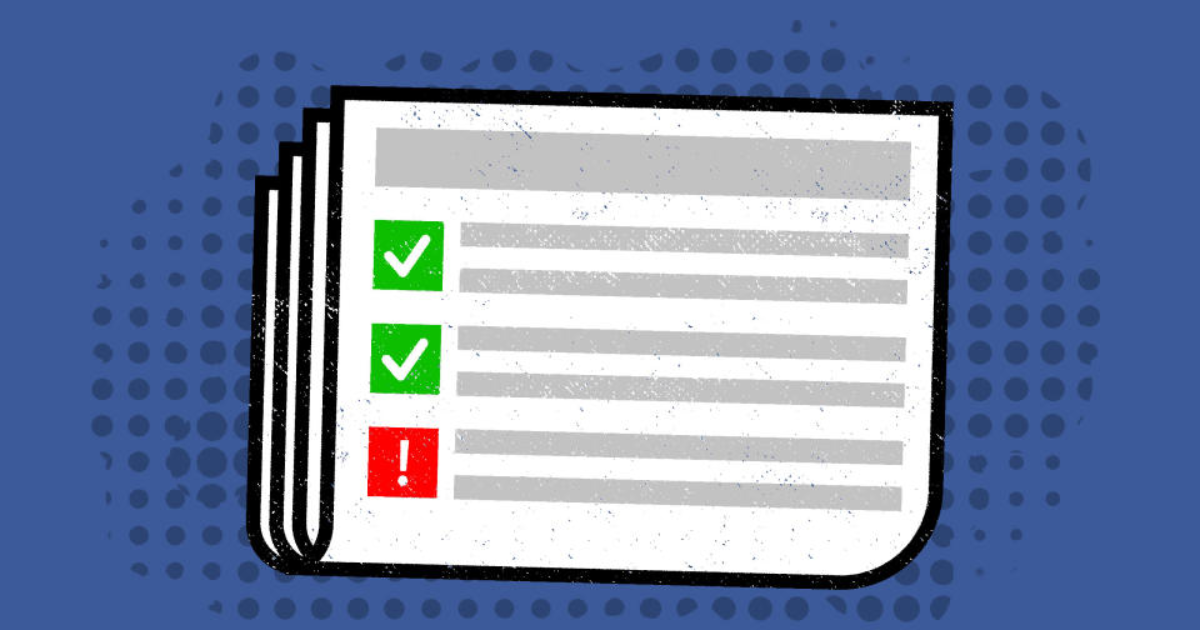The European Union (EU) is urging signatories to its Code of Practice on Online Disinformation to adopt measures to label deepfakes and other content generated by artificial intelligence (AI). Following a meeting with over 40 signatories to the Code, EU Commissioner for Values and Transparency, Vera Jourova, emphasized the need for technology that can recognize AI content and clearly label it for users.
Jourova acknowledged the positive potential of AI technologies but also highlighted the risks and negative consequences associated with the creation and dissemination of disinformation. She cited examples such as advanced chatbots capable of generating convincing content, image generators producing authentic-looking pictures of fabricated events, and voice-generating software mimicking someone’s voice based on a short sample. These new technologies pose fresh challenges in the fight against disinformation.
The current version of the Code of Practice does not mandate the identification and labeling of deepfakes. However, the EU Commission aims to revise the Code to include such measures. Jourova outlined two discussion angles: the commitment of services integrating generative AI to implement necessary safeguards against malicious actors using them for disinformation, and the implementation of technology to recognize and clearly label AI-generated content by signatories with services that have the potential to disseminate such disinformation.
Jourova disclosed that she has discussed the issue with Google CEO Sundar Pichai, who indicated that Google has technology capable of detecting AI-generated text content and is working on further improvements. The EU Commissioner emphasized the importance of clear and immediate labeling for deepfakes and other AI-generated content, enabling users to differentiate between human-created and machine-generated content.
While the Digital Services Act (DSA) includes provisions for labeling manipulated audio and imagery, the EU intends to expedite labeling by incorporating it into the Code of Practice on Disinformation. The EU Commission wants platforms to implement labeling immediately, ahead of the DSA’s compliance deadline of August 25 for very large online platforms.
Jourova emphasized the protection of freedom of speech but noted that machines should not have the same rights. The EU aims to address these concerns within the framework of the Code of Practice, working on the fundamental principle of safeguarding against AI-generated disinformation.
The Commission expects signatories to report on the risks of AI-generated disinformation next month, urging them to inform the public about the safeguards they are implementing to prevent the misuse of generative AI for spreading disinformation.
The Code of Practice on Online Disinformation currently has 44 signatories, including major tech companies like Google, Facebook, and Microsoft, as well as smaller adtech firms and civil society organizations. However, Twitter recently withdrew from the voluntary EU Code, taking a different approach to combatting disinformation.


